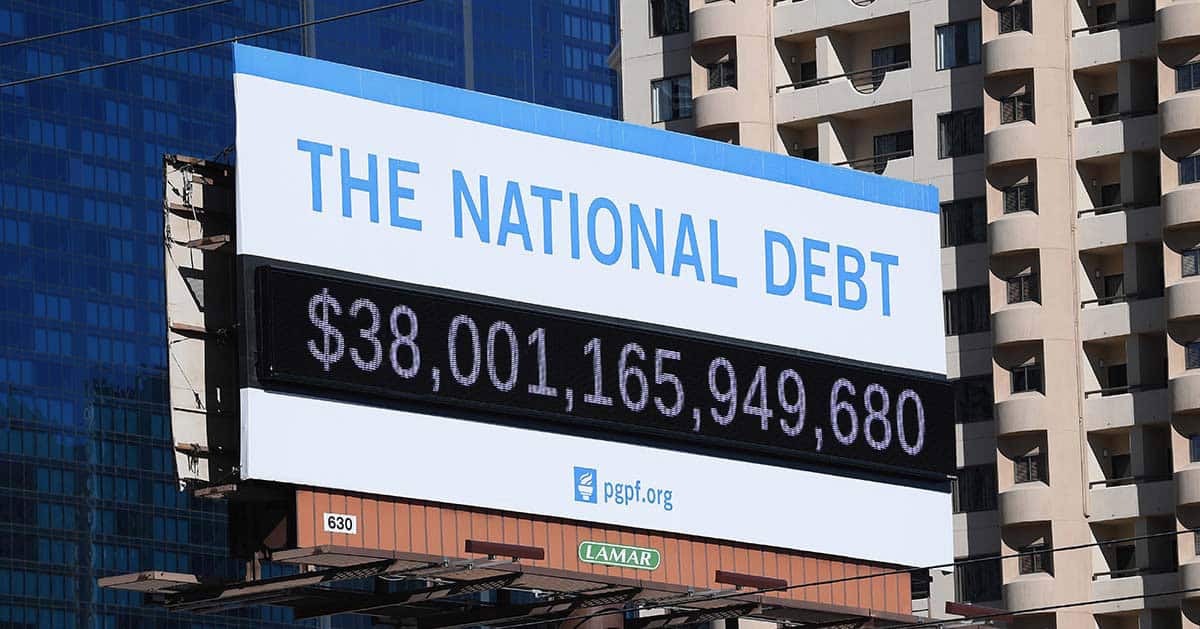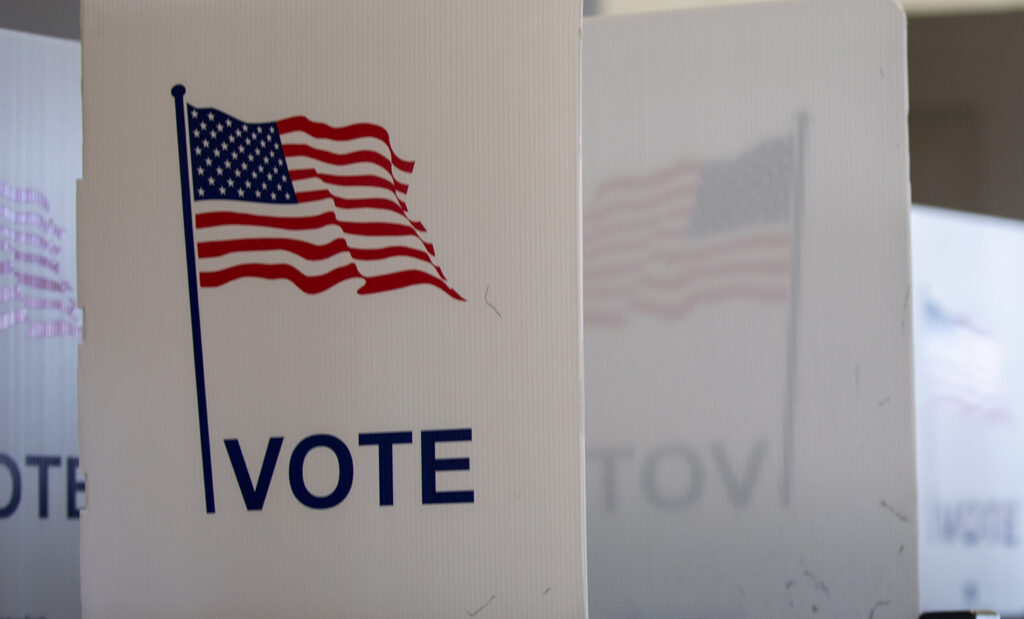Programs and Projects
The Peter G. Peterson Foundation is a nonpartisan organization dedicated to addressing America’s long-term fiscal challenges to ensure a better economic future. The Foundation engages in grant-making, partnerships and research to educate and involve Americans from a variety of perspectives.
How We Work
Research & Analysis
The Foundation produces and funds timely, independent research and analysis that illuminates policy solutions for a stronger economy, more sustainable fiscal outlook and a healthier democracy. Our support enables rigorous, original data and policy analysis from leading think tanks, academic institutions, and subject matter experts from across the ideological spectrum.
Education & Awareness
The Foundation supports innovative campaigns, tools, and content to educate and engage Americans of all ages and political backgrounds about solutions for a better future. Our work inspires, connects and empowers students, citizens and policymakers alike to drive a thoughtful national dialogue around sustainable fiscal, economic and democratic policies.
Grantmaking & Partnerships
The Foundation makes strategic and substantive grants to a range of respected partners and organizations including think tanks, universities, media outlets, academics and nonprofits. Our grantmaking supports and advances innovative ideas and projects, enabling independent, groundbreaking work to help ensure our fiscal and economic future and the strong foundations of our democracy.
Featured Programs
Featured Project
Solutions Initiative
We asked seven different think tanks from across the ideological spectrum how they would stabilize the national debt.






